When I first spoke with Yahya Sorkhani several months ago, he was enduring harsh conditions in Belarus.
Despite numerous letters from human rights organizations and extensive cooperation with them, efforts to relocate him to a safe country were unsuccessful.
Belarus was under embargo and embroiled in conflict, a situation further complicated by the influence exerted by the Islamic Republic.
Yahya Sorkhani was in desperate need of medication, treatment, and a safe place where his voice could be heard.
After several months of persistent efforts, we managed to communicate with him and publish a report on his condition without disclosing his location.
With the assistance of human rights organizations, including the "Munich Circle," Yahya Sorkhani's case gained traction in Germany.
One morning, I received a phone call that marked a turning point: a picture of a German visa was being shared among those who had participated in this collective effort to save Yahya Sorkhani.
Accompanying the image was a resolute message: "If they are busy killing, we will rise to rescue."
This is my second interview with Sorkhani, a civil activist who lost his eye under torture and had it further damaged during the 2022 protests.
Our first interview took place when he was in Belarus, fearing deportation back to Iran.
Currently, Yahya lives in Munich, dedicating his life to documenting the crimes committed by the Islamic Republic.
In our initial interview, we focused on the injuries he sustained under torture and during the Woman, Life, Freedom protests.
Today, we delve into the harrowing details of his tortures.
Speaking from a safe location in Munich, in front of the IranWire camera, Yahya shares a bitter narrative of violence—both mental torture that still brings memories of his mother and the physical torture that necessitated a prosthetic eye.
Sorkhani was arrested on June 12, 2012, and endured 58 days of detention in Mahabad: "58 days of solitary confinement, 58 days of torture, 58 days of pain and suffering."
Before his arrest, Yahya's eye had been injured at work, and he had a medical certificate confirming his condition.
Despite this, his rights to proper treatment were ignored in prison.
Political prisoners under the Islamic Republic are often denied basic rights, especially when subjected to torture.
Eight years after his initial injury, two weeks into solitary confinement and interrogation, Yahya was pressed to confess to crimes he didn't commit.
"He asked me to confess, and I denied it. I was not what the interrogator wanted. They would push your head down from behind while returning from interrogation to solitary confinement.
"The interrogator would do the same to me, saying, 'I'm going to make you feel like you're under my control and you can't say anything.' Before reaching the solitary door, he punched me in the eye."
At this point in his story, Yahya removed his prosthesis, revealing the stark contrast between the two halves of his face—a testament to the torturer's cruelty captured on camera.
After being punched, Yahya was taken back to solitary confinement, his eye bleeding and leaking a white fluid.
Despite his desperate knocking and screaming, he received no aid. The only response he heard was, "That is nothing. Bear it."
His eyesight was gone.
"More than a hundred times, I may have tried to touch my eyes, but they didn't notice that I was losing my sight."
Even during the subsequent interrogations, while my eyes were in this condition, they continued to physically torture me.
The interrogator hit my arm with the handcuff he had in his fist, leaving a dent still visible on my arm.
For 58 days, he endured without treatment, nearly two months of pain and suffering with an infected eye.
After solitary confinement, it took 10 months before Yahya was finally allowed leave to get medical treatment. But it was too late.
The first surgery was performed in Tehran, but further treatment was necessary. However, they denied him permission for the second surgery and returned Sorkhani to prison.
He had a letter from the doctor warning that his eye infection could pose a danger to other prisoners, but there was no hearing.
The brutality continued: “We had a friend who was so tortured that, when he went back to solitary, he tried to kill himself. He hit his head against the wall, tearing it open to avoid further torture."
The torturers of the Islamic Republic claim they serve God.
In all my interviews with victims of military crimes, I always ask myself and the interviewees how a human being can treat another human being like this.
Sorkhani dealt with four interrogators. One, named Shojaei, would tell the others, "Hit him!"
Sorkhani reflects, "Torture is normal for them. They are strange people, filled with anger and resentment. It's as if they want to do whatever they can to break you. They said that their job is torture and harassment."
The court date arrived.
For Sorkhani, the mental tortures he suffered were more unbearable than the physical ones, especially his mother's cries in court and the judge's laughter at her suffering.
Javadikia, the judge of a branch of the Revolutionary Court, presided over the trial.
Sorkhani had a lawyer and was tried in front of his family members. Despite not signing any confessions, the judge insisted that there were other confessions against Sorkhani.
Javadikia: "You will be charged with waging war against God. Do you know what that means?"
Sorkhani: "Yes, I know."
Javadikia: "No, you don't."
Sorkhani resisted disclosing the punishment for waging war against God in the presence of his mother and sister.
However, Javadikia insisted Sorkhani answer.
When Sorkhani avoided responding, Javadikia declared, "It means execution."
Sorkhani recalls, "From that moment, I only remember the sound of my family crying. They asked what I had done, believing I was hiding something.
"My family just cried over the phone for two months. When I looked up, I saw Javadikia laughing.
"He was laughing because my mother was crying. He truly enjoyed it. Who would take pleasure in causing such pain? A mother, a sister, and an elderly father."
Reflecting on the ordeal, Sorkhani says, "During my interrogation, it felt like they held a grudge, wanting to torture me.
"I've realized many times that physical torture isn't their main aim. They relish mental torture.
"They want you to bow your head, feel subordinate, and endure insults towards your loved ones, your beliefs, and the deceased.
"I don't know where this comes from. They are afraid and they transfer this fear to you, ensuring you never want to return to prison."
In the second trial, Sorkhani's waging war against God sentence was reduced to seven years in prison.
After appealing the court's decision, the sentence was further reduced to four years. Sorkhani served four years in Mahabad Central Prison.
Following the start of the 2022 movement, Yahya joined many Iranian men in shouting Woman, Life, Freedom.
Sorkhani was wounded twice during these protests.
In September 2022 he was shot from behind, injuring his legs. Again, in November of the same year, he was injured by "Jash" forces.
Sorkhani says, "Unfortunately, we have people we call 'Jash' in our language. These are individuals affiliated with the Revolutionary Guards and their colleagues.
"During the protests, we heard someone had been killed by direct fire. As I moved towards them, I was shot again. Pellets hit my face, neck, and eyes."
One of the bullets struck the prosthetic eye that had been inserted after torture.
The prosthesis shattered, its edges sharp. Sorkhani suffered for a year, travelling from Turkey to Iraqi Kurdistan and then to Belarus, enduring the pain of a broken prosthesis in his eye and an infection that sometimes spread to his body.
Yahya, like many victims of the 2022 movement, actively participates in international meetings as a witness, firmly believing that sharing their life stories with the media is crucial.
He says, "Three months have passed since our last interview. One of the key factors that saved me and connected me with human rights groups was this interview and report. According to human rights organizations, the Ministry of Foreign Affairs directly cited these reports."
He explains that his cooperation with the fact-finding commission and the media holds particular significance for him: "In the UN fact-finding commission's report presented at the Human Rights Council meeting on March 18, 2024, issues such as repression, imprisonment, rape, eye injuries, and the termination of protesters were highlighted.
"These efforts have extended their mission. I want to continue working with them to both shed light on the crimes and to be prepared for the future when I may face the perpetrators in an international court."









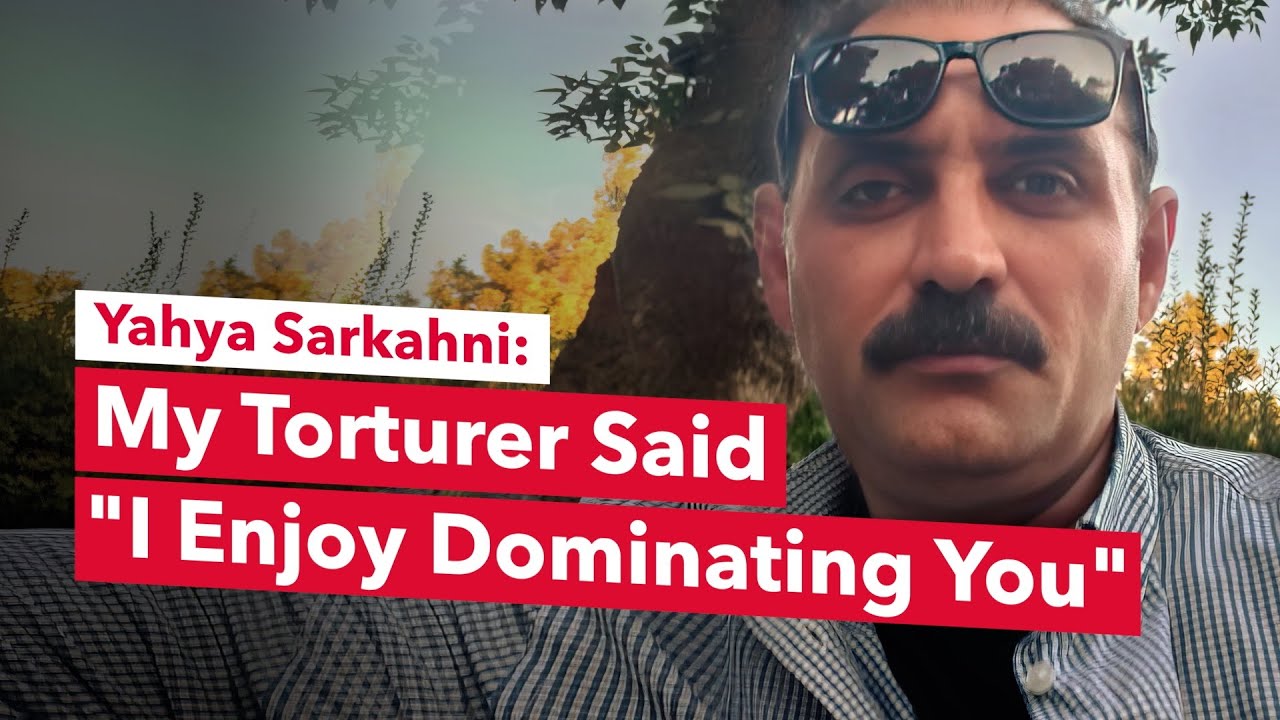



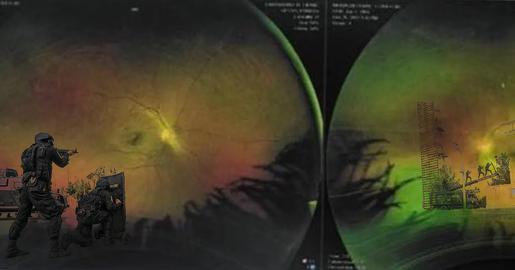
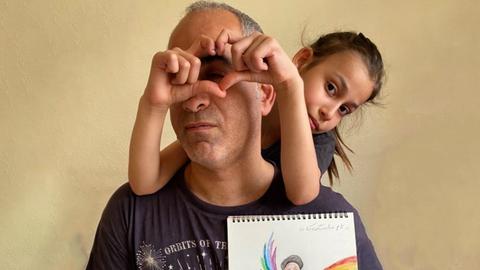
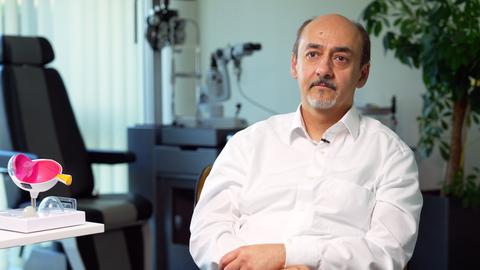



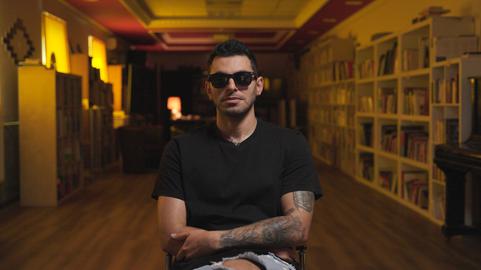


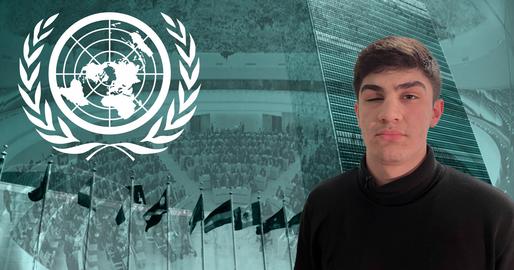



comments